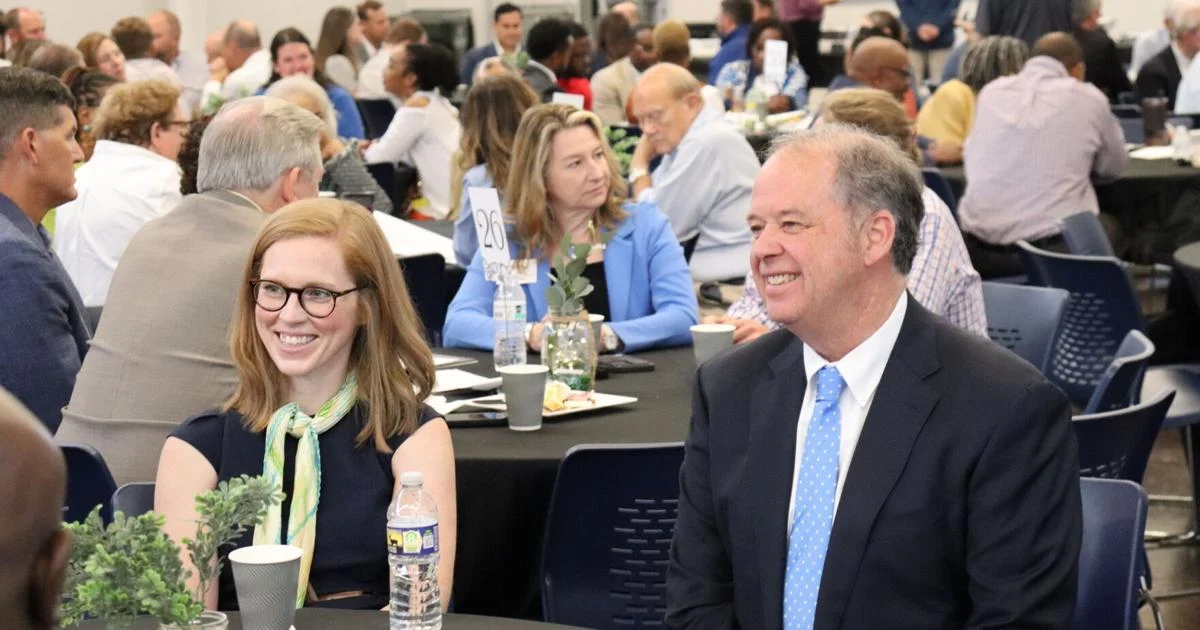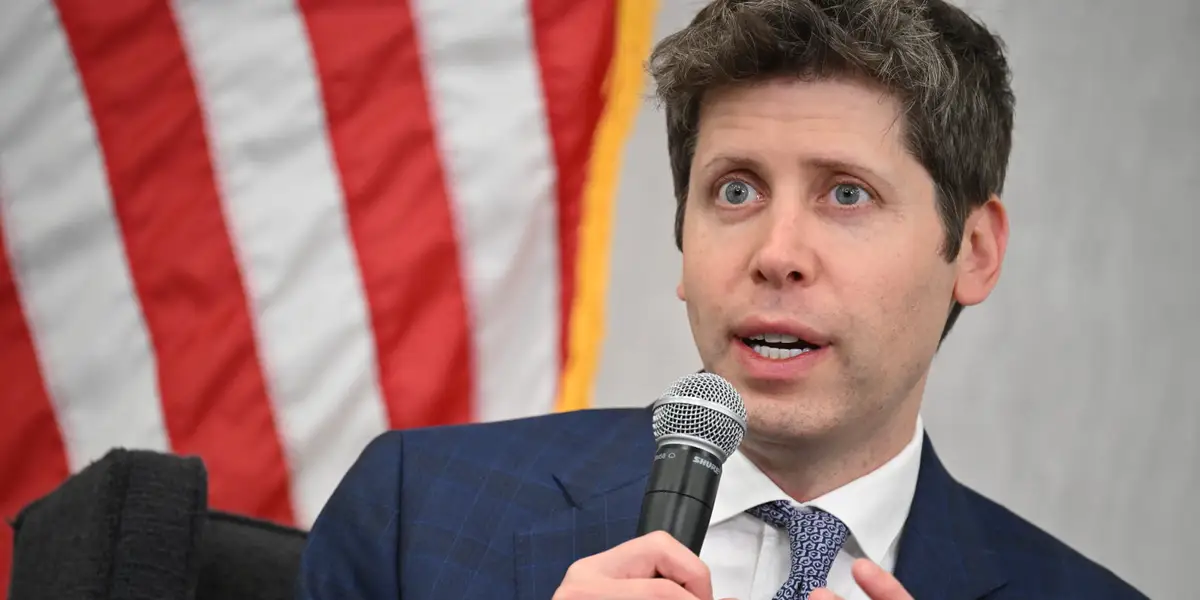
ROCK HILL — This is John Gettys’ fifth time on the ballot to represent Rock Hill, but it’s his first campaign running unopposed.
“I don’t know what to do,” said the amiable, two-term mayor of York County’s biggest city.
Until the end of election filing, Gettys expected a spirited challenge from a familiar opponent — a third match-up with York County Councilman William “Bump” Roddey. But Roddey dropped out of the race, setting up a runaway November for Gettys.
A clear path to reelection isn’t changing how the probate lawyer and former city councilman is approaching the fall.
“It’s a little bit easier and I’m thankful for that, but as a mayor, at least the way I envision being a mayor, I’m running for election every single day,” Gettys told The Post and Courier during an interview at his law firm, Morton and Gettys in downtown in September. “I have to make the case every time I go down the street.
“That is the beauty about being a mayor in Rock Hill, people expect you to be accessible and they should. I try my best to be more accessible than anybody else, because it is important in our community that everybody be heard and have an opportunity to talk about things that are important to them.”
Gettys has been a Rock Hill resident since he was 13. His family’s name carries weight in the area, in part because his uncle, Thomas Gettys, represented South Carolina in the U.S. House for 12 years in the 1960s and 1970s.
The mayor said the city has been better to him than he could ever repay, which is why he isn’t done trying.
“We’ve gotten a lot done over the last eight years, but there’s some really big issues that I feel like I need to see through,” Gettys said.
Among his to-do list for Rock Hill is finding tenants at the Palmetto Research Park off Interstate 77, the 245 acres of land owned by the city after the Carolina Panthers abandoned plans for a South Carolina headquarters.
Gettys said the time and sweat equity spent on the project is beginning to pay off.
“Within a year, I think we’ll see some really good things out there,” he said. “We’ve got the opportunity to make that something that’s even better than it was going to be.”
He also continues to eye progress on a pedestrian bridge over Dave Lyle Boulevard in downtown, as well as the Storyline outdoor park connecting Winthrop University to Fountain Park and the new regional park on the city’s Southside.
Since his earliest days in office, Gettys said he’s pushed for improvements that he believes helped move the city from being successful to being significant, namely opportunities for growth, which he said set Rock Hill apart from nearby cities in Charlotte and across the state.
“Some people may not realize that Rock Hill is in South Carolina,” Gettys said. “We have to fight for attention. The thing about it, to me, a city that knows how to fight and get to the front of the line, they don’t forget what it took to get to the front of the line.”
Gettys credited a business-minded city council and savvy city staff for a proactive approach to planning and infrastructure that has helped make the city attractive.
He said the progress has contributed to growth in the per capita income and assessed value of Rock Hill, but it can only be sustained if the city continues to evolve as a destination for lucrative business development.
“We’ve got to have higher paying jobs than we’ve had here in a long time,” Gettys said. “That solves everything. Affordable housing is not as big a deal if you’ve got jobs that are paying money, because more people have money in which to pay towards housing.”
Barring a fierce and unlikely write-in campaign, Gettys will spend four more years as the front man for Rock Hill’s recruiting efforts. He sees the job as being an advocate for the city, bringing as many people as possible to the table in search of long-term solutions.
“It’s just really rewarding to be the mayor of the seven of us up there,” Gettys said, referencing the city council. “To see everybody who comes to the table from different backgrounds, with different views about where we are, how we got here, where we want to go, but recognizing that the only way any of us are going to get there is if we can find a consensus.”



